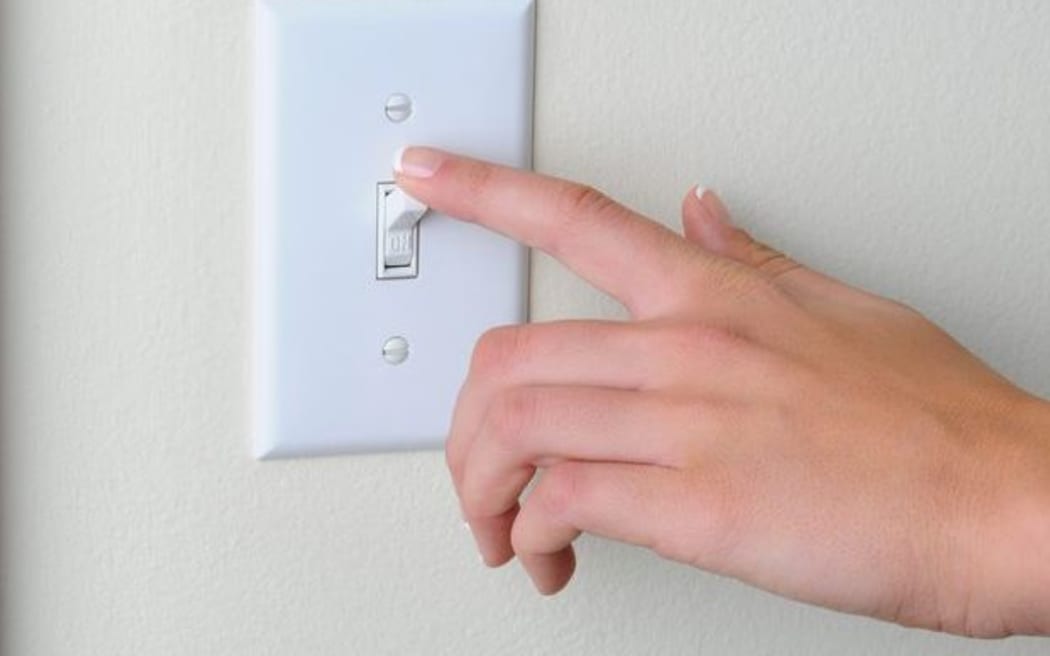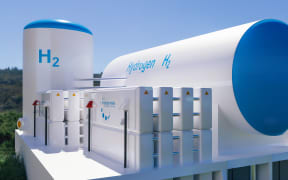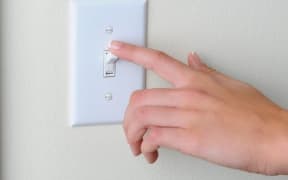
File image. Photo: 123RF
Aggressively phasing out natural gas could result in households and businesses paying an additional $7 billion in energy costs over the next 12 years, a report commissioned by the energy industry claims.
It comes ahead of the government's Gas Transition Plan due for release by the end of this year, which would focus on actions through to 2035 for the fossil gas sector to cut emissions and support the country's transition to net zero carbon by 2050.
Industry players have commissioned their own report, which said a direct intervention plan - that included stopping gas use across low to medium heat processes and new commercial and residential sites - would push up energy costs significantly.
It would result in an additional $7b in energy costs to households and businesses compared to the status quo over the next 12 years, the report from consultants Castalia said.
The Castalia report comes after the latest UN Intergovernmental Panel on Climate Change (IPCC) report, said huge changes were needed to stave off the worst climate predictions - but it was not too late.
The IPCC authors were optimistic significant change can happen fast, pointing to the massive falls in the price of energy from the sun and wind.
The Castalia report stated that an aggressive plan like 100 percent renewable energy by the end of the decade, would push up costs due to additional investments required to ensure energy reliability.
Energy Resources Aotearoa chief executive John Carnegie said the Castalia report was trying to inform the government's gas transition plan.
"What it's just doing is demonstrating that there are a number of options for our future, and what we're trying to do is inform what those trade-offs would be between the costs and the emissions reductions," he said.
Carnegie said carbon capture, utilisation and storage could deliver the most emissions reductions at the least cost.
"It is clear that if New Zealand is to transition to a net zero emissions economy in a cost-effective way, we will need to invest in technology to decarbonise," he said.
"Across the world, other countries are setting up carbon capture, utilisation, and storage projects to secure carbon before it is emitted into the atmosphere. We must ensure we are not left behind."



